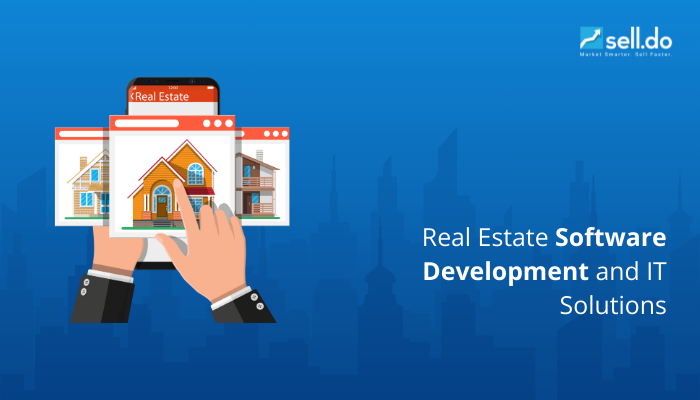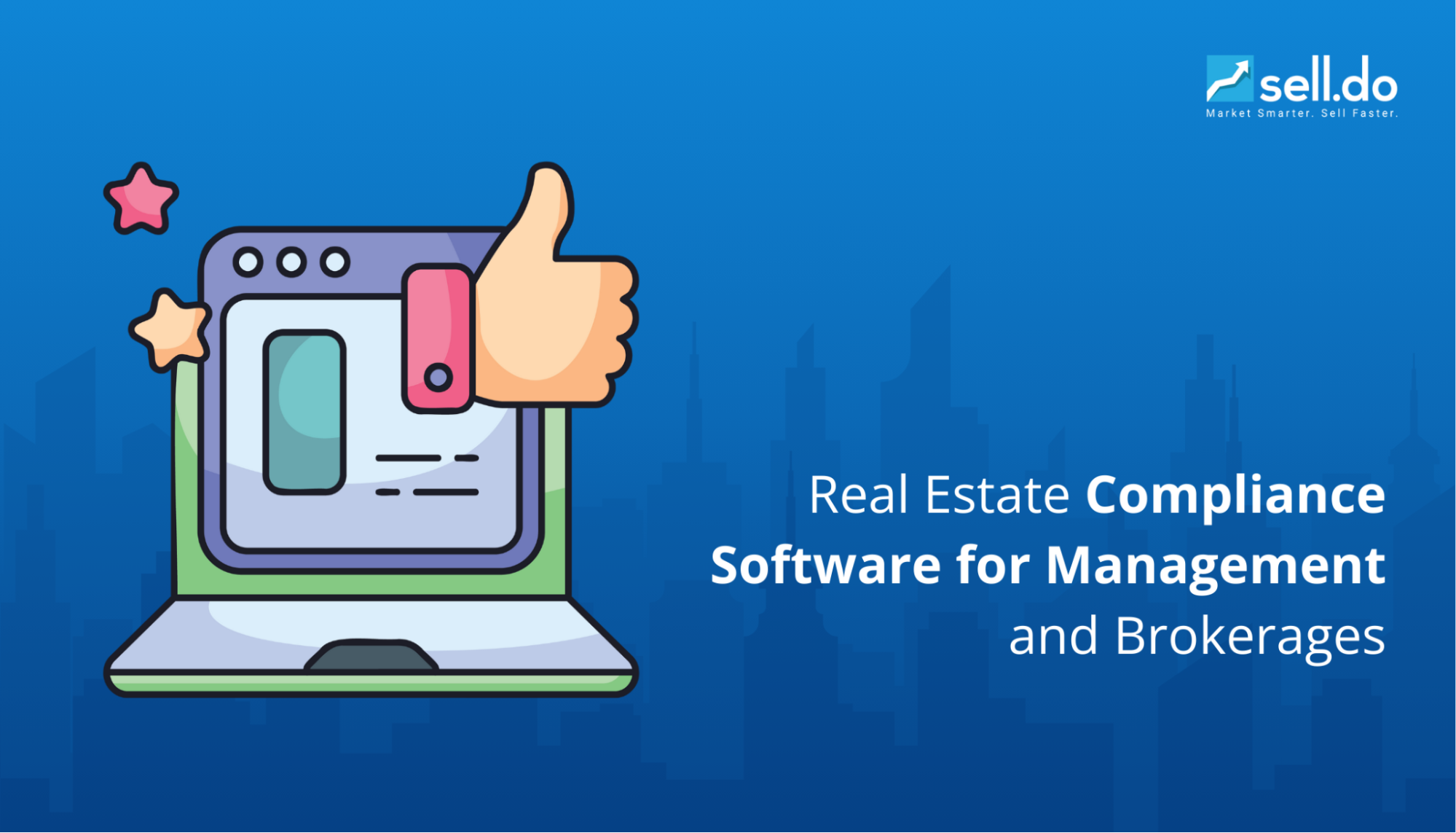The real estate industry has long been steeped in traditional practices, relying on offline processes and paper-based workflows. However, a sweeping tide of transformation is reshaping the sector as Software-as-a-Service (SaaS) solutions step into the spotlight. Advanced technologies and cloud-based platforms are ushering in a new era of efficiency and innovation, revolutionizing how real estate professionals conduct business. Gone are the days of cumbersome manual tasks and disjointed communication; with SaaS at the helm, real estate operations are streamlined, data is harnessed with precision, communication is seamless, and the customer experience is elevated to unprecedented heights.
In this blog, we will explore the transformative power of SaaS in real estate and how it is changing the game for the better.
How is SaaS changing the real estate industry?
Real estate SaaS software is revolutionizing the real estate industry by disrupting traditional practices and propelling it into the digital era. This cloud-based technology empowers real estate professionals with innovative tools to automate processes, access crucial data, improve communication, and enhance the overall customer experience. From streamlining operations to providing personalized services, SaaS solutions are reshaping the way the real estate sector operates, fostering collaboration, and unlocking new levels of efficiency and competitiveness.
Let's look at some of these processes and workflows where SaaS shines its way in the real estate revolution.
-
Automate Processes:
SaaS is revolutionizing the real estate industry by automating many manual and time-consuming processes. Tasks that once required significant human effort, such as property listing management, document preparation, and contract generation, can now be efficiently automated.
This saves time, reduces the risk of errors, and increases overall productivity. As repetitive tasks are delegated to software, real estate professionals can focus on more strategic and customer-oriented activities. -
Access Data:


With SaaS solutions, real estate businesses gain access to powerful data management tools that allow them to collect, store, and analyze information more effectively. From market trends and customer behaviour to property history and financial data, the ability to access and interpret this information empowers decision-making. Real-time insights enable professionals to make well-informed choices, whether it's identifying promising investment opportunities or devising tailored marketing strategies.
-
Improve Communication:


SaaS platforms facilitate seamless communication among stakeholders in the real estate ecosystem. Real estate brokers, buyers, and sellers can interact more efficiently through integrated communication channels. Features like chat functionality, automated responses, and document sharing enable faster and clearer exchanges, reducing misunderstandings and enhancing customer satisfaction. Efficient communication also fosters transparency, trust, and smoother transactions.
-
Enhance Customer Experience:


The customer experience is at the heart of the real estate industry. SaaS solutions provide personalized and responsive services, improving interactions with clients at every touchpoint. Customer Relationship Management (CRM) tools enable real estate professionals to maintain a comprehensive database of clients, allowing them to understand preferences and provide tailored recommendations. Additionally, automated follow-ups and reminders help nurture leads, increasing the likelihood of converting prospects into satisfied customers.
Applications of SaaS Solutions:
-
CRM:


Real estate CRM systems such as Sell.Do have become a cornerstone of modern real estate operations. SaaS-based CRM platforms centralize client data, interactions, and communication history. Real estate professionals can efficiently manage leads, track deals, and monitor customer preferences. Furthermore, analytics and reporting features offer valuable insights into customer behaviours and market trends, enabling agents to deliver exceptional service.
-
Property Management:


SaaS has revolutionized property management by offering comprehensive tools to streamline operations. Using cloud-based platforms, property managers can efficiently handle rent collection, maintenance requests, and lease agreements. Automation features, such as reminders for lease renewals or rent payments, optimize workflows and reduce administrative burdens, resulting in improved efficiency and tenant satisfaction.
-
Financial Management


Financial management in real estate has also been transformed by SaaS solutions. Accounting software tailored for the industry simplifies expense tracking, budgeting, and reporting. Automated financial processes not only save time but also minimize the risk of errors, ensuring accurate and transparent financial records.
In Conclusion:
SaaS real estate solutions have empowered businesses to manage data effectively, streamline processes, and achieve cost savings while enhancing customer satisfaction. The availability of real-time insights has given professionals a deeper understanding of their client's needs and preferences, leading to better decision-making and more personalized services. With the continuous advancement of technology, the real estate industry is on a path of continuous improvement and transformation, embracing the potential that SaaS brings to the table.






Leave a comment
Comments (0)
Be the first one to comment.